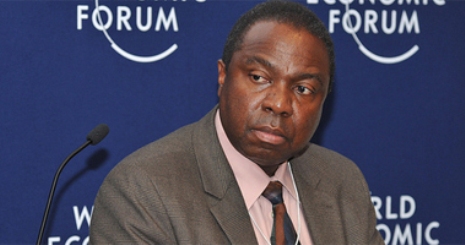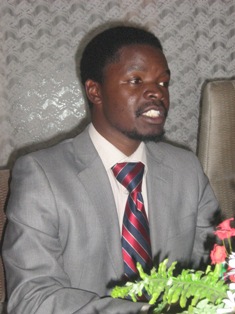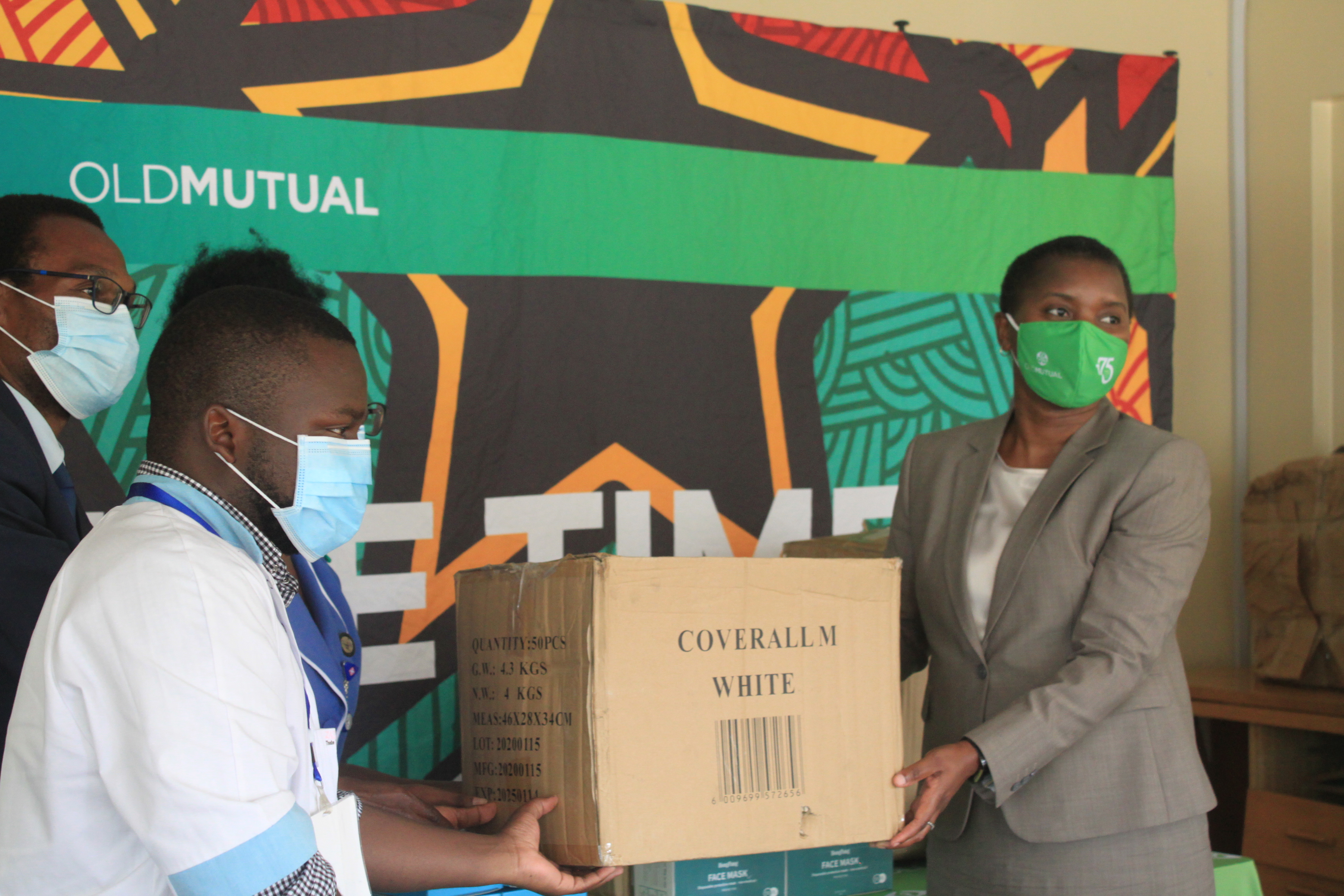ECONOMIC experts have expressed doubts that the Economic Recovery Plan (ERP), instituted by the Joyce Banda administration last year to fix the troubled economy hit by global aid suspensions, would be successful within 18 months, which end in December.
The experts also blamed government for not involving the private sector in ERP formulation,
urged government to review the plan to respond to people’s concerns.
“If you look at a country like Greece which has a much stronger economy and has received heavier bailouts from the EU than Malawi, it has taken three years before they begun to think that things had started to change.
“I’m not so sure that the 18 months plan is realistic,” Henry Kachaje, the MD for Business Consult Africa, told a debate last Friday in Lilongwe.
Kachaje, speaking at the debate organized by the Economics Association of Malawi (Ecama) and Zodiak Broadcasting Station, said the plan was vague and lacks parameters within which to measure success and has no tangible activities that should culminate into tangible results.
“The period is too short to expect such results,” he added.
Kachaje asked government to stop politicising the plan, stamp out corruption and unnecessary expenditures if the ERP would work.
“There are people who have become rich overnight just because they have changed party colours. This simply means we are rewarding non-productivity…we should reach a level where we start up businesses if we want to become rich,” he said.
Thomas Munthali, one of the panelists at the debate and one of the country’s leading economists, doubted whether targets on reducing inflation, which is in double digits, could be achieved.
“The current situation is artificial as the economy is heavily donor supported…any withdraw by donors means a relapse into previous situation,” Munthali said.
“The ERP should have put some pillars to set goals like how can we reduce donor dependency… because donors are unreliable and we cannot continue to rely on them,” he added.
The ERP intends to achieve, in the 18 months period, growth rate of 5.5 per cent, single digit inflation rate and a three-month import cover, among others.
Debaters expressed worry that there are no tangible activities and mechanics of achieving the intended targets.
Press Corporation Chief Executive Officer Matthews Chikaonda bemoaned the fact that the Banda government, which introduced the ERP shortly after coming into power following the sudden death of President Bingu wa Mutharika in April last year, did not consult the private sector when developing the economic blueprint.
“I head the biggest conglomerate in the country but I only heard about the ERP on the day it was launched. Who came to the private sector to consult us about the ERP? We are the ones to do the doing but how much consultation were made with us?” said Chikaonda.
Officials from the Ministry of Economic Planning and Development and the Reserve Bank of Malawi strongly defended the plan, saying results have started to show and called on Malawians to be patient and trust the government blueprint.
Ministry of Economic Planning and Development spokesperson, Jolam Banda, who was one of the panelists, admitted to have done little on consultations saying the time was not permitting.
“It was not in the interest of government not to consult, it is just that we had issues to be addressed as soon as possible,” said Banda.
RBM Principal Economist Kisu Simwaka cited a number of activities like through Export Development Fund (EDF) that are driving the ERP objectives, appealing to the public to embrace the plan.
He said some results that have started to show the realistic nature of the ERP include the rate of depreciation of Kwacha which he said is at around 2 per cent now despite the current lean period.
The President, who often says she found the economy in a “total mess”, launched the recovery plan through private sector-led growth economic growth, after inheriting a battered economy marked by shortages of fuel and foreign exchange.
She has vowed that there will be no U-turn about the plan, a position global lender the International Monetary Fund (IMF) backs.
Banda swiftly set about restoring relations with foreign donors who had suspended vital aid funds due to concerns about poor governance and rights issues under Mutharika.





No comments! Be the first commenter?